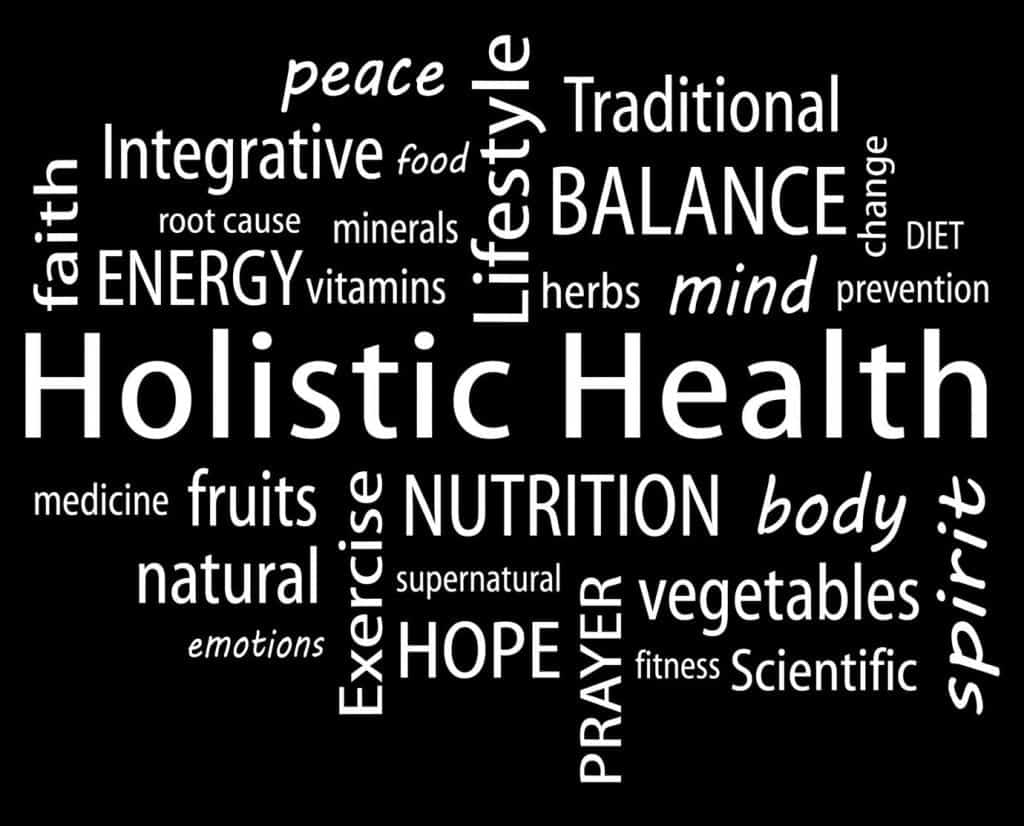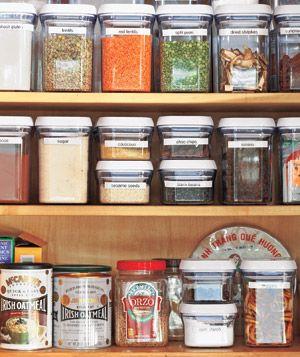Irritable Bowel Syndrome (IBS)
If you experience irritable bowel syndrome symptoms, you know how frustrating and debilitating they can be. From bloating and gas to abdominal pain and constipation, IBS can take a toll on your physical and mental health. This article explores potential causes of IBS and offers natural remedies and lifestyle changes that may provide relief from specific symptoms. Say goodbye to unpredictability and start taking control of your IBS today.
What is IBS?
Are you wondering what IBS is and how it can affect your digestive system? IBS, or irritable bowel syndrome, is a complex condition that includes a range of symptoms affecting the gastrointestinal tract. From abdominal pain and bloating to diarrhoea and constipation, IBS can significantly impact your quality of life. In this article, we explore the different causes and common triggers of IBS symptoms, and offer natural remedies and lifestyle changes to help you manage this condition. Learn how to take control of your gut health and alleviate the symptoms of IBS.
The diagnosis of irritable bowel syndrome is usually based on the presence of specific symptoms, as there is no definitive test to confirm the condition. Physicians typically use a combination of medical history, physical examination, and diagnostic tests to rule out other conditions that could be causing similar symptoms. Diagnostic tests may include blood tests, stool analysis, colonoscopy, and imaging studies. It's important to note that while IBS is a chronic condition, it is not life-threatening, and many individuals are able to successfully manage their symptoms with lifestyle modifications, dietary changes, and other treatment options.
Differences Between IBS and IBD
While IBS and IBD share some similar symptoms, they are two distinct conditions. IBS, or Irritable Bowel Syndrome, is a functional disorder of the digestive system that is characterised by a group of symptoms, including abdominal pain, bloating, and changes in bowel habits. In contrast, IBD, or Inflammatory Bowel Disease, a more serious condition, is a chronic autoimmune disorder that causes inflammation and damage to the digestive tract, often leading to more severe symptoms such as rectal bleeding, weight loss, and fever.
Additionally, while IBS does not cause any long-term damage to the gut, IBD can lead to permanent intestinal damage and an increased risk of colon cancer.
Some of the most common causes or contributing factors to IBS include:
Parasites - people who have eaten poorly cooked foods or drank unclean water sometimes pick up parasites that make them ill. My whole family contracted giardia in Sydney a few years ago, so you don't have to go to an exotic country. Long after the parasites have been removed from our systems and the worst of the illness is over, irritable bowel syndrome symptoms may continue. Some people who had a parasite infestation years ago still suffer from IBS today.
SIBO, Dysbiosis or Candida in the gut - Antibiotics kill off the helpful bacteria in the gut allowing bad bacteria and candida to overgrow. The unbalancing of the gut bacteria, called dysbiosis, can often result in IBS symptoms. SIBO or small intestinal bacterial overgrowth is another underlying cause of irritable bowel syndrome symptoms that can be addressed. Many of my clients have a history of either long term or repeated antibiotic use from when they were younger, eg acne treatment in their teenage years or other childhood illnesses and infections.
Infections - Many people who suffered at one time from an infection, like a bad bout of gastroenteritis or food poisoning, may develop IBS that lasts for years once the infections have cleared up. This is caused post infectious IBS and affects motility, which needs managing for some people to see improvements. There is hope however. There are various functional medicine tests that can help us identify what specifically is out of balance for you and then we can work to create that balance again.
Increased stress - Stress is a common trigger for digestive symptoms, and it can worsen existing symptoms. The brain and gut are closely connected through the nervous system. This is because increased stress can affect the GI tract and lead to changes in gut motility, inflammation, and sensitivity.
Food sensitivities or intolerances - Certain foods can trigger irritable bowel syndrome symptoms in some people, such as dairy products, gluten, and artificial sweeteners. The low FODMAP diet has been found to help reduce IBS symptoms in many, but it's important to follow steps to reintroduce FODMAPs and not remain on a restrictive diet long-term. Histamine intolerance, fructose malabsorption, salicylate sensitivity, sulfite sensitivity and oxalate issues can also be at play.
Hormonal imbalances - Hormones can play a significant role in IBS symptoms in women. Fluctuations in estrogen and progesterone levels during the menstrual cycle can impact gut motility and sensitivity, potentially leading to changes in bowel habits and abdominal discomfort.
Medications - Certain medications, such as antibiotics, nonsteroidal anti-inflammatory drugs (NSAIDs), and birth control pills and antidepressants, can disrupt the balance of gut bacteria and trigger IBS symptoms. In addition, some medications may have side effects that directly impact the digestive system, such as diarrhoea or constipation.
Meal Size - The size of meals can be linked to IBS symptoms in some individuals. Eating large meals can put a strain on the digestive system, leading to symptoms such as bloating, abdominal pain, and changes in bowel habits. Additionally, eating quickly or not chewing food thoroughly can also lead to these symptoms. On the other hand, some individuals may find that eating smaller meals, more frequently can help alleviate digestive symptoms by reducing the workload on the digestive system and minimising the risk of overeating.
Common IBS Symptoms
There are many symptoms of IBS and while some suffers of this condition may exhibit many of the symptoms at one time or another, others may only exhibit one or two of the symptoms. In both cases symptoms may come and go.
Some typical symptoms associated with Irritable Bowel Syndrome (IBS) flare ups:
- Abdominal pain or discomfort
- Bowl movement changes, frequent diarrhoea (IBS D) or constipation (IBS C) or alternating between the two (IBS M)
- Gas and / or bloating
- Urgency to have a bowel movement
- Nausea after eating
- A sensation that bowels don’t completely empty after a bowel movement - incomplete evacuation
- Fatigue
- Mood disorders like anxiety & depression
In almost all cases suffers’ symptoms generally improve and worsen depending on factors in their day to day life. When symptoms worsen this is normally due to what is called an IBS trigger being present.
Possible triggers may include:
- Stress and how we deal with it
- Eating or drinking foods that the individual is sensitive or intolerant to (eg milk, garlic or bread)
- Eating fatty foods
- Medications such as antibiotics
- In women menses sometimes triggers IBS symptoms
- Consuming very hot or very cold foods
- Alcohol intake
- Eating spicy food
- Drinking coffee or tea, especially on an empty stomach
- Consumption of foods containing high levels of fructose
To address IBS symptoms we need to explore all of the individual triggers and remove them or learn to manage them to reduce their impact. Keeping a journal can help identify what these triggers are and once identified they become easier to manage and reduce some of the symptoms suffered.
The steps I go through with my clients are typically:
- I start with taking a comprehensive medical history and diet diary assessment. We then start with an elimination diet to identify the food triggers that can lead to IBS symptoms. The right diet depends on your symptoms and situation.
- If the elimination diet doesn't improve symptoms then there are testing options. We can either do a stool test to identify how many good bugs and bad bugs you have, if parasites are present and how well you digest your food. Or we can test for SIBO, small intestinal bacteria overgrowth to see if that is contributing your symptoms.
- Once triggers are identified and removed the inflammation is reduced and we can focus on healing up the intestinal permeability (leaky gut) and getting good bugs back into the gut to correct dysbiosis.
- The next phase is to see if the foods that used to cause symptoms can now be reintroduced or do you have to stay away from them for longer.
- The most important step in the gut healing and rebalancing process is to restore your microbiome with a broad range of plant based foods.
If you're experiencing IBS symptoms and ready to take action to manage and resolve them, consider checking out my Gut Fix program to see if it's a good fit for you. It's designed to provide you with the tools and support you need to improve your gut health and reduce your symptoms.


